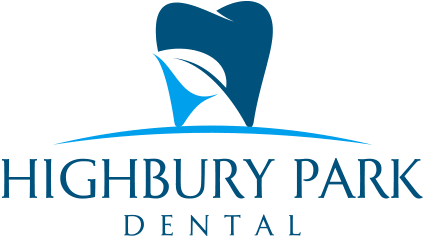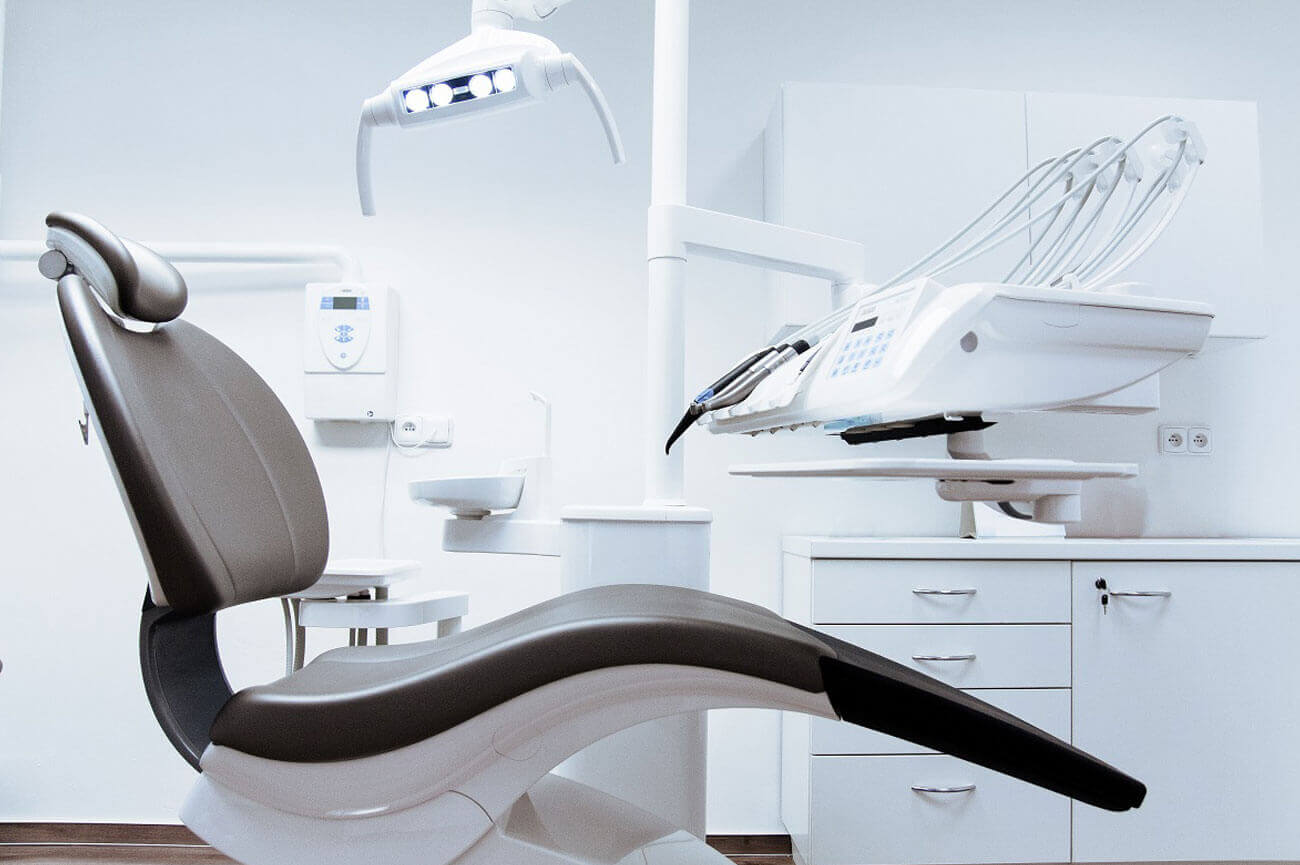Tips for Managing Dental Phobia and Anxiety
It’s common to experience some anxiety when visiting the dentist, as the interruption in their daily routine can often cause feelings of uneasiness for some people.
However, some people are so overwhelmed by their fear of the dentist that they avoid going altogether. As a result, they may end up with serious dental issues that cause extreme pain. In addition, they may only make an emergency dental visit once their pain is more overwhelming than their fear.
To prevent oral health problems caused by avoiding the dentist, it’s crucial to speak to your dentist about your fears so they can make your visit more comfortable and stress-free.
DO YOU HAVE A DENTAL PHOBIA?
If you fear visiting the dentist, you may have dental anxiety or dental phobia.
Dental phobia is a more serious type of dental anxiety, characterized by feeling terrified and panicked at the thought of going to the dentist. People with dental phobia are aware of how irrational their fears are, but are still unable to control their overwhelming anxiety.
Instead of facing their fears, those with dental phobia end up avoiding the dentist altogether and will only visit the dentist when they are in extreme pain.
SYMPTOMS OF DENTAL ANXIETY
While symptoms of fear and anxiety might be different for some people, here are a few common symptoms that people experience before and during a dental visit.
Difficulty Sleeping Before an Appointment
A common symptom of anxiety is having your thoughts and worries keep you up at night. So if you have trouble sleeping the night before a dental appointment because your thoughts are racing and you are focused on the appointment, there’s a good possibility that you have dental anxiety.
Intense Feelings of Nervousness
Feelings of nervousness before a dental appointment are common for those with dental anxiety—especially if these feelings escalate leading up to the appointment, in the waiting room, and during the actual appointment.
These intense feelings can lead to crying, feeling physically ill, and difficulty breathing. In other words, you might be having an anxiety or panic attack.
COMMON FEARS ASSOCIATED WITH DENTAL ANXIETY
Dental anxiety and phobia are fuelled by fear. Some of the most common fears that lead to dental anxiety include:
Fear of Embarrassment
Many people are embarrassed by the look or condition of their teeth along with having bad breath. Plus, they might be afraid of being judged by their dentist or dental hygienist. They may also feel uncomfortable with how close their dental professionals are to their face.
But it’s the dental professionals’ job to clean dirty, stained teeth and restore decayed or damaged teeth. So, if you are self-conscious about the condition of your teeth, remember that a dentist will be glad you made an effort to come in and make your teeth healthier.
Fear of Pain
Fear of pain is one of the leading reasons why people avoid visiting the dentist. Perhaps they had a painful and scary experience as a kid, so now they associate the dentist with pain. Or maybe they’ve heard horror stories about the dentist that have scared them off completely.
But most dental procedures today are much less painful than they used to be thanks to advances in dentistry. And it’s important to remember that dentists are there to help relieve pain caused by dental problems, not cause pain.
Fear of Lack of Control
Sitting in a dental chair with your mouth wide open, unable to see what’s going on, may make you feel vulnerable. And this vulnerability can scare people who don’t like feeling less in control of their situation and surroundings. But you can rest assured that you are in good hands when at the dentist.
Fear of Tools
If a person has a fear of needles, then they will likely fear the anesthesia injection at the dentist. They may also fear other dental tools that look sharp and threatening. But dentists and dental hygienists have plenty of experience wielding these tools—they know what they’re doing, and they won’t injure you.
ADDRESSING YOUR FEARS
Here are some tricks to help deal with anxiety, and sedation dentistry can always help as well.
Behavioural Techniques
- Book your appointment during a low-stress time of day, so you’re not feeling rushed and stressed out trying to get there on time.
- Avoid caffeine before a dental appointment and eat high-protein, low-sugar foods to feel calmer.
- Breathe slowly and regularly throughout your appointment to reduce stress and improve oxygen flow. Anxious people tend to hold their breath, which lowers their oxygen levels and further increases their feelings of anxiety.
- Listen to your favourite music during your appointment. Music will help to block out any noises you might find scary and give you something else to focus on. It will also help you drift off.
Speaking to Your Dentist
The most helpful way to deal with your dental anxiety is by discussing your fears with your dentist before any dental procedure. Once they know what you’re afraid of, they can offer ways to help you feel safe, more comfortable, and less anxious, tailoring your appointment to help ease your fears.
For example, if you fear the lack of control while sitting in a dental chair, ask your dentist to explain each procedure while they’re working on your teeth. This way, you’ll know what to expect throughout the appointment.
Another option is to make a plan with your dentist so that every time you raise your hand, they will stop what they are doing immediately. You can use this signal when you are feeling uncomfortable, short of breath, or in need of rinsing your mouth.
Since dentists are health care professionals, they are trained to help patients who experience anxiety. They can offer safe, comfortable techniques to make the experience less stressful and painful, such as using medication.
SEDATION DENTISTRY CAN HELP REDUCE ANXIETIES
Sedation dentistry uses medication to relax patients while easing pain and discomfort. Common types of sedation dentistry include nitrous oxide (known as laughing gas), an oral sedative, or intravenous conscious sedation. Your dentist may also use anaesthesia to numb parts of your mouth so you don’t feel a thing.
If you are overwhelmed by fear when visiting the dentist, or you avoid your dentist altogether, consider speaking with your dentist about your options. You and your dentist can come up with a plan to make your appointment comfortable, pain-free, and anxiety-free.

